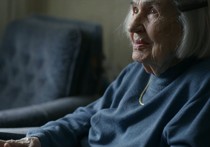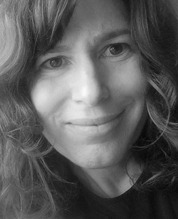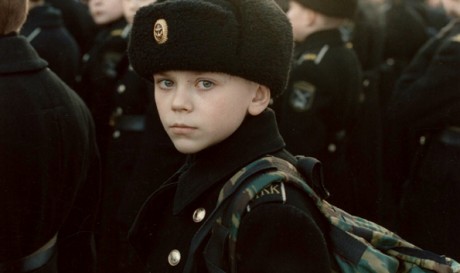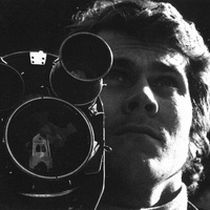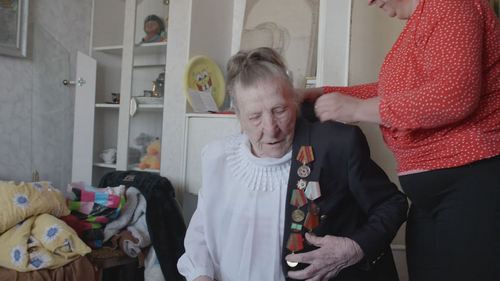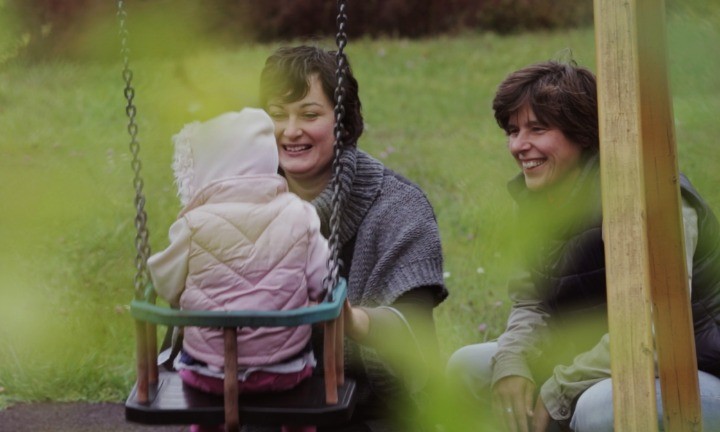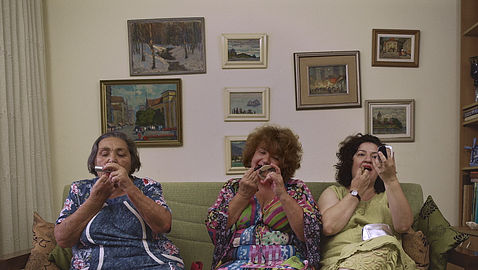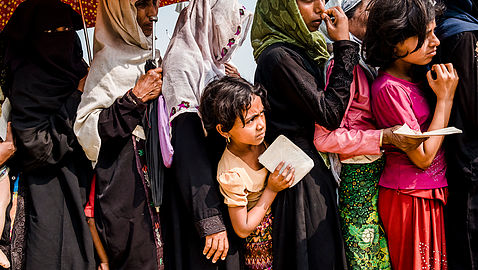… with the subtitle Gau Hura – That Night.
The film, completed in May 2021, was shown at DocsBarcelona. In a cinema. I could not be there but was told by festival director Joan Gonzalez that the film after the screening was met with a two minute standing applause by the audience. Already when we in the selection committee – in the beginning of this year – chose the still unfinished film for the festival it made a big impression on me, a Dane, who had never heard this scandalous story from a place called Altsasu in Navarra, which is considered Basque even if it formally is not. The work by Marc Parramon and Amets Arzallus is an example of a down to the smallest detail researched piece of investigative journalism turned into an emotionally strong character born documentary about abuse of power from the Spanish authorities. The producer Alejandro García de Vicuña, from Marmoka Films, sent me a link to an English subtitled version. I have watched it a couple of times, amazed of its quality and shocked by its content. Here is a logline quote from the background dossier sent to me by the producer: „ A bar fight in a small town in the Basque Country becomes an act of terrorism. This is the story of the fight for justice of some families against a great political, legal and media construction, which draws from a past of conflict, and from which they cannot escape.“
The bar fight happened in the early hours of October 15 2016. A Guardia Civil officer out of duty is taken to hospital with a broken ankle, two are arrested and released two days later. It could have happened at the bar down my street… but in Spain with its political crises the incident grows in the media, references are made to ETA, 8 young people are arrested and taken to prison accused of having performed a terrorist act against the Guardia Civil.
Marc Parramon: This journey began in 2016 when the name of the town of Altsasu in Navarra begins to appear in the media as a result of a fight between young people from the town and two off-duty policemen. I am very shocked by the prosecutor’s request for terrorism, when the most serious injury on record is a broken ankle. I thought it was an interesting topic that deserved to be addressed and that’s when I set out to visit the village. I call my friend Amets, whom I met in Cyprus filming a documentary. He is an expert in Basque culture and I thought his profile could give an interesting poetic dimension to a documentary with social and research content. As journalists and documentary filmmakers, we decided that we had to approach Altsasu and tell what was happening. We wanted to do something reflective, to understand what was happening in Altsasu so that some young people were threatened with the shadow of 375 years of prison behind their backs. We wanted to know the story first-hand, in a process that would unknowingly drag on for three years…
And here comes the storytelling scoop that makes the film compelling: The directors put the focus on the families fight for justice, their demonstrations that grow in attendance over the years, the court cases, the many interviews – putting two characters in the front. Characters, hate that word, persons, personalities, Iñaki, a bartender who filmed with his cell phone, was attacked by a Guardia Civil and argues that he came to the bar, when the fight was over. AND the charismatic wonderful Bel, the mother of Adur, who is one of the detained. A scene I will never forget takes place in a court room, where she is being interrogated. When that is over, she asks the judge if she can give her son sitting on the first row a kiss. Beautiful!
The directors: On 1 June 2018, the sentence was announced, finding the accused guilty of injuring and attacking an agent of the authority, aggravated with abuse of superiority, discrimination and public disorders and threats. One of the accused was sentenced to 2 years of prison, three with 9 years, two with 12 years and the remaining two with 13 years. After that first sentence, we will follow the different appeals that achieve unequal reductions for each one. Iaki Abad’s sentence was reduced to a 6-year prison term.
The film ends two years after that first sentence. Iaki is released from prison in the third degree and tries to adapt to his new life situation. Bel, 4 years later, is able to gather the whole family for a meal at his home. But the joy is short-lived. In the evening, she accompanies Adur, her son, back to prison. He has to serve the rest of his sentence…
The producer wrote this to me when he sent the link to the extraordinary shocking film and story: There is good news about the case. The defense filed an application to the Court of Human Rights in Strasbourg for the alleged irregularities and violations of fundamental rights that occurred in this case. In July 2021 this application was accepted for processing.
Spain, 2021, 80 mins.



